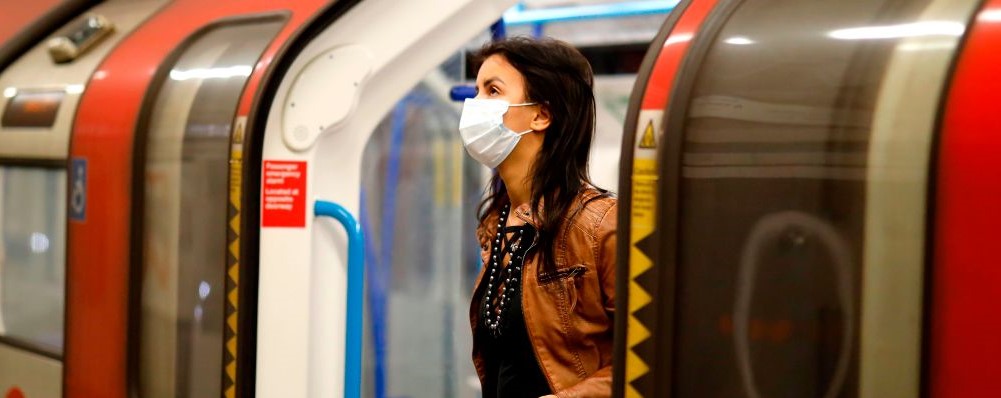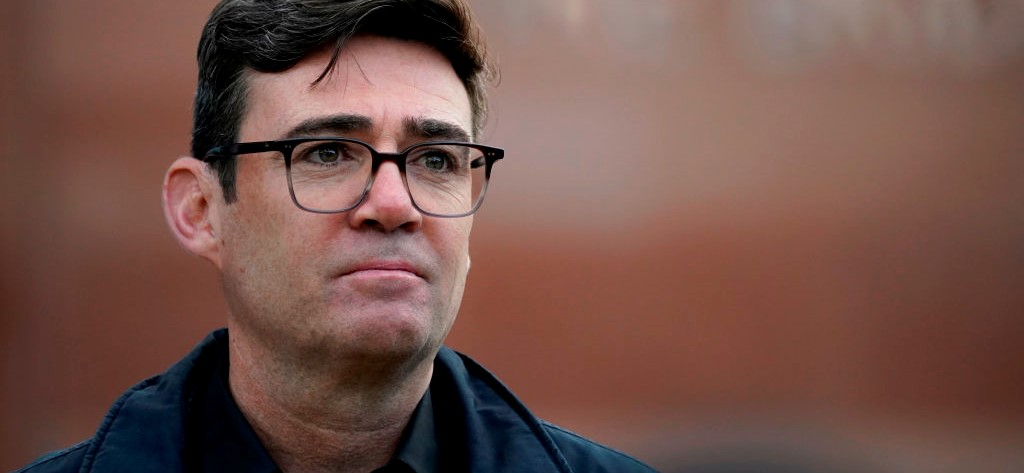Bus Bill threatens public routes
Hajera Blagg, Thursday, August 4th, 2016Buses are by far the most popular mode of transport in the UK – in England alone, passengers take 4.5bn journeys each year.
But since deregulation in the 1980s, bus services, which are a lifeline for people up and down the country, have deteriorated rapidly.
And the quality of the service has varied wildly depending on your postcode. In London, the only city with a regulated service in the UK, passengers benefit from frequent services and multiple routes. In other cities, passengers experience a good service if their route is commercially viable, while in rural areas, massive cuts to unprofitable routes have left entire parts of the UK stranded.
As local authorities feel the squeeze from austerity budget cuts, they’ve had little option other than to slash bus subsidies which keep routes that aren’t “cost-effective” afloat, further compounding a problem that hits poorer, older and disabled people the hardest.
Held to ransom by five private companies that dominate 70 per cent of UK bus market, passengers have faced ever-higher fares and decreased services, while bus workers have been hit with a plunging race to the bottom on pay, terms and conditions.
But amid this grim climate of privatisation and deregulation that’s run bus services into the ground, local authority-run bus companies give passengers hope. Only 12 of them now exist, but they’re consistently among the highest rated in the UK. In four out of the last five years, a council-run bus company has won Bus Operator of the Year award.
Nottingham City Transport, which won the award in 2012 and 2014, has the second highest journeys per head outside of London. It has increased passenger numbers for 13 years in a row and has been praised for its high investment and innovation.
Unite national officer for passenger transport Bobby Morton said that municipal operators stand in stark contrast to the big private operators.
“The private companies make all their decisions based purely on profit,” he explained. “So where they can cut corners they will, which leads to a reduced or poorer quality service.”
“On the other hand, municipal companies make their decisions on behalf of the passengers they serve,” he said. “The council-run bus companies are actually quite profitable and are able to reinvest those profits into making the service better, instead of being beholden to shareholders.”
What’s more, Morton, added, bus workers employed by municipal bus companies are all directly employed and “handsomely rewarded”.
“Municipal bus workers enjoy the best pay, terms and conditions in the entire industry.”
Future in question
But now the future of council-operated bus companies is called into question under the Tory government’s Bus Services Bill.
The Bill, like so much of the government’s proposed legislation, is an exercise in unabashed doublespeak.
The government contends the Bill aims to “give councils new powers to deliver better journeys for passengers, and help cut rush hour congestion.”
But hidden in the small print is clause 21, which instead of “giving councils new powers”, summarily bans councils in England from running their own bus companies.
Recently debated in the House of Lords, the Bill, now in report stage, was sharply criticised by peers for including the clause.
“I am clear that the clause does not belong in this Bill,” noted Lord Kennedy. “It does nothing whatever to improve bus services for people – rather, it is merely a piece of political dogma from the Conservative Party.
“What is wrong with allowing a company to be formed and for it to compete on the open market, win contracts if it can demonstrate better value for money and offer a better service?” he added.
Baroness Randerson agreed.
“This is a nasty, mean-minded little clause,” she said. “Clause 21 is not devolution; it is reverse devolution. It is perverse and plainly a ridiculous limitation on local authority powers. It seems to me to be totally unprovoked as I can think of no example of a local authority in recent years attempting irresponsibly to set up a bus company.”
Morton said that Unite has supported an amendment in the Lords that removes the clause from the Bill.
“But I would argue that if the clause is included in the Bill, we should oppose the Bill in its entirety,” he said.
What of the rest of the Bill? Morton called it “hit and miss”.
“We were optimistic at first since it was being billed as legislation that would amount to re-regulation of the industry,” he explained, adding that it actually favours the big private operators.
Morton noted that he was wary of any moves to introduce a franchising model for bus services in the rest of the UK that mirrors the system in London. In the capital, Transport for London dictates routes, timetables and fares, while the actual service is operated by a private company that bids for a contract.
Franchising
“The franchising model has no doubt been good for passengers in London,” he explained. “London’s bus service is arguably the best in Europe.
“But franchising has been very bad for the workforce,” Morton noted. “With competitive tendering, bus workers might find themselves working for another company or working in another garage – they have very little stability in the workplace.
“Companies also bid low to win contracts, which has led to a squeeze on pay, terms and conditions,” he explained. “If a company loses their contract, you could be moved from one company to another after working for the one company for decades, and your pension won’t transfer.”
Ultimately, Morton said, Unite is calling for quality bus services to be run for the benefit of both passengers and the workforce, whose interests are naturally aligned.
“Big private companies do not have either passengers’ or workers’ best interests in mind,” he said. “How can they, when their only goal is to single-mindedly chase outlandish profits and their only accountability is to their shareholders?”
The organisation We Own It is now campaigning against clause 21 of the Bus Services Bill – sign their petition here.
@hajera_unite
 Like
Like Follow
Follow


